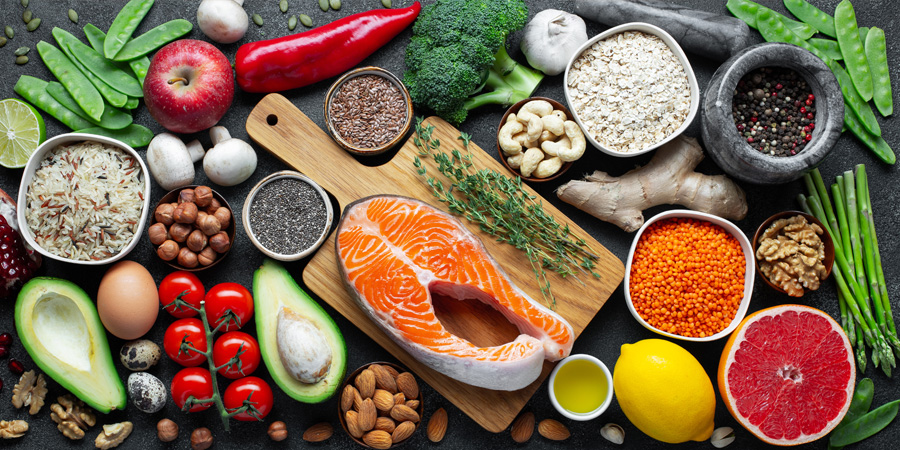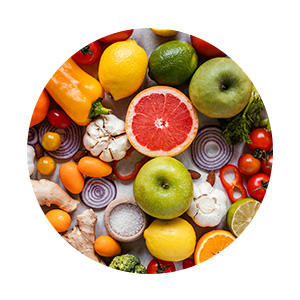Scientific news

Discover five recent scientific articles from our food, health and sustainability watch.

An umbrella review critically assessed the wide range of evidence available on the role of diet in the prevention of high blood pressure. This work included a total of 175 meta-analyses, randomized controlled trials and observational studies. Findings support public health guidelines for the prevention and control of high blood pressure. In particular, diets such as the “DASH” and Mediterranean type, which include a large proportion of plant and raw foods, and reduce sodium and alcohol consumption, should be promoted. However, the authors point out that many studies on dietary factors present a poor level of evidence and call further research to investigate factors that have not yet been studied.

A recent study explored demographic, anthropometric, taste sensitivity and personality trait differences in vegetable preference among Italian consumers. panel of consumers self-reported familiarity with preference for and choice of vegetables with high and low levels of warning sensations. Two clusters were identified: high-warning vegetable vegetable consumers and low-warning vegetable consumers.. The first group showed greater familiarity and preference for vegetables, as well as a greater choice of high-warning vegetables than the second group. Scores related to anxiety were higher in the second group, and attitudes towards healthy, high-quality foods were higher in the first group. This work shows that there are several barriers to exposure to vegetables and calls for a multidimensional approach to promote their consumption.

A prospective cohort study examined the associations between carbohydrate quantity and quality and weight changes in individuals from 3 distinct cohorts. During a 24- or 28-year follow-up, the quantity, the quality and dietary sources of carbohydrates consumed by the participants were determined at regular 4-year intervals. Overall, participants gained an average of 1.5 kg every four years, i.e., 8.8 kg over 24 years. Increased carbohydrate intake from whole grains, fruits and non-starchy vegetables was inversely associated with weight gain, while increased consumption from refined grains and starchy vegetables was positively associated with weight gain. These associations were stronger among women and overweight participants. The findings highlight the importance of carbohydrate quality and source for long term weight management.

A recent review examined the existing literature and investigated the relationship between fruits and vegetables consumption and multiple sclerosis odds. The study covered 8 studies, including a meta-analysis of 4 case-control studies reporting that increasing daily fruit intake by 100g reduced the risk of multiple sclerosis by 9%. In particular, this work shows that fruit and vegetable intake may be associated with a protective effect against multiple sclerosis. However, prospective longitudinal studies and randomized clinical trials are needed to confirm this hypothesis.

A recent review summarized the modulatory effect of flavonoids on gut microbiota and their metabolism by intestinal microbe under disease conditions, including inflammatory bowel disease and colitis-associated cancer. According to this work, the presence of dietary flavonoids in the colon during digestion increases the quantity of beneficial bacteria and promotes the production of short-chain fatty acids. Moreover, the metabolism of flavonoids by the gut microbiota leads to the production of certain metabolites displaying anti-inflammatory and anti-tumour activity. Thus, this review demonstrates the essential role of dietary flavonoids in the integrity of the intestinal barrier, the modulation of inflammation and the prevention of carcinogenesis.
